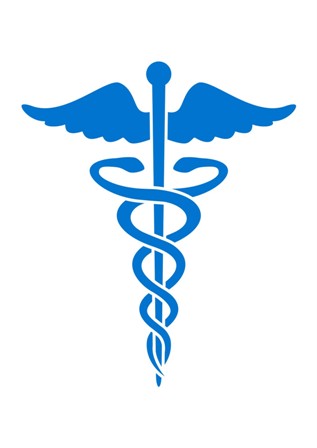How Medicare Disrupts Personal Injury Payments
In the much-talked about subject of Medicare, little is said about how personal injury settlements can get quite messy for beneficiaries, creating long delays in the process. A new law sets out to fix those problems that arise when Medicare steps in between the beneficiary and the party paying the settlement, intercepting the awarded claim.
Here’s the problem: while personal injury settlements may take time and patience for the judicial process to take its course, Medicare can make that process even longer when it exerts its right as the secondary payer, collecting money for expenses incurred for the beneficiary’s medical care. This can add a significant amount of time (sometimes years) to the wait before a beneficiary will ever receive a dime from the awarded settlement.
But it’s not just about a prolonged waiting period for a personal injury settlement. Some argue that there are often discrepancies between Medicare’s multiple tabulations of what they are owed, putting into question the accuracy of their figures.
One the biggest problems arises when the medical expenses paid by Medicare on behalf of the victim are released. It often doesn’t happen until months after litigation begins, making settlement difficult. How can an attorney determine determine the right course of action on behalf of their client if they don’t have medical treatment figures in hand?
The new law comes with set deadlines, which will hopefully address some of the current bureaucratic hang-ups and delays.
The Strengthening Medicare and Repaying Taxpayers Act of 2012, signed into law by President Obama last month, establishes time frames for both CMS and Medicare beneficiaries to provide information when there is an expected settlement. Here are the key points:
– A beneficiary has to notify CMS within 120 days if they are expecting a settlement. Then CMS has 65 days to respond with how much it expects for medical services rendered. An additional 30 days can be requested, if necessary.
– Medicare must post related medical payments to providers within 15 days.
– If a beneficiary believes the amount provided by the agency is wrong, they can file a dispute, which must be responded to within 11 days.
– CMS has a three-year limit to pursue reimbursements.
 In the much-talked about subject of Medicare, little is said about how personal injury settlements can get quite messy for beneficiaries, creating long delays in the process. A new law sets out to fix those problems that arise when Medicare steps in between the beneficiary and the party paying the settlement, intercepting the awarded claim.
In the much-talked about subject of Medicare, little is said about how personal injury settlements can get quite messy for beneficiaries, creating long delays in the process. A new law sets out to fix those problems that arise when Medicare steps in between the beneficiary and the party paying the settlement, intercepting the awarded claim.
Here’s the problem: while personal injury settlements may take time and patience for the judicial process to take its course, Medicare can make that process even longer when it exerts its right as the secondary payer, collecting money for expenses incurred for the beneficiary’s medical care. This can add a significant amount of time (sometimes years) to the wait before a beneficiary will ever receive a dime from the awarded settlement.
But it’s not just about a prolonged waiting period for a personal injury settlement. Some argue that there are often discrepancies between Medicare’s multiple tabulations of what they are owed, putting into question the accuracy of their figures.
One the biggest problems arises when the medical expenses paid by Medicare on behalf of the victim are released. It often doesn’t happen until months after litigation begins, making settlement difficult. How can an attorney determine determine the right course of action on behalf of their client if they don’t have medical treatment figures in hand?
The new law comes with set deadlines, which will hopefully address some of the current bureaucratic hang-ups and delays.
The Strengthening Medicare and Repaying Taxpayers Act of 2012, signed into law by President Obama last month, establishes time frames for both CMS and Medicare beneficiaries to provide information when there is an expected settlement. Here are the key points:
- A beneficiary has to notify CMS within 120 days if they are expecting a settlement. Then CMS has 65 days to respond with how much it expects for medical services rendered. An additional 30 days can be requested, if necessary.
- Medicare must post related medical payments to providers within 15 days.
- If a beneficiary believes the amount provided by the agency is wrong, they can file a dispute, which must be responded to within 11 days.
- CMS has a three-year limit to pursue reimbursements.

 In the much-talked about subject of Medicare, little is said about how personal injury settlements can get quite messy for beneficiaries, creating long delays in the process. A new law sets out to fix those problems that arise when Medicare steps in between the beneficiary and the party paying the settlement, intercepting the awarded claim.
In the much-talked about subject of Medicare, little is said about how personal injury settlements can get quite messy for beneficiaries, creating long delays in the process. A new law sets out to fix those problems that arise when Medicare steps in between the beneficiary and the party paying the settlement, intercepting the awarded claim.